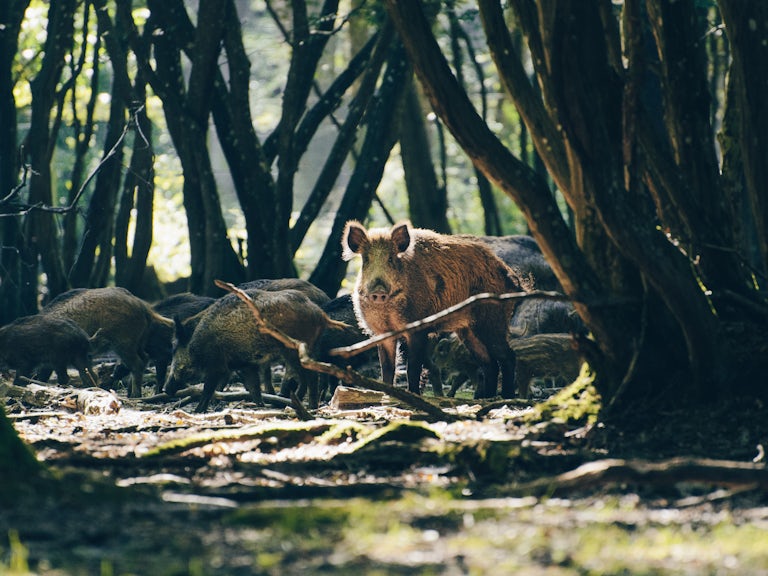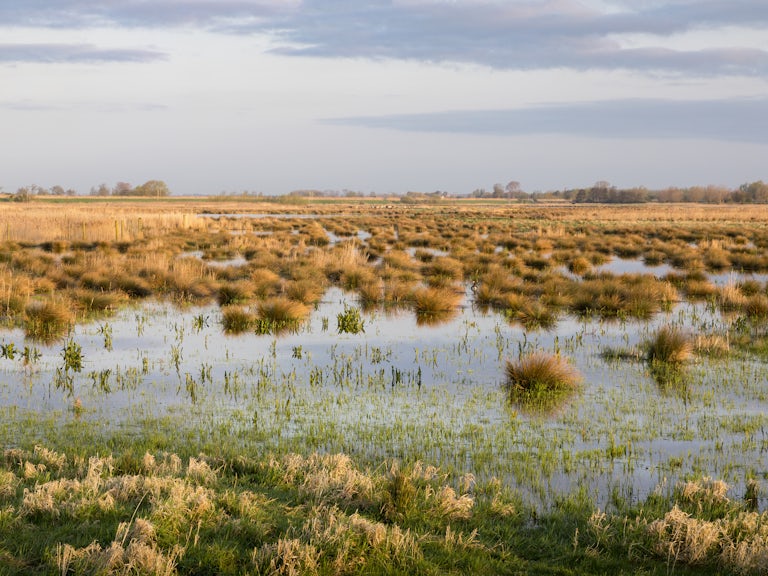Rewilding key to delivering on promise of COP15
With world nations reaching a historic agreement to protect 30% of the planet for nature by 2030, the real work to reverse biodiversity loss here in the UK starts now – with rewilding, says Rewilding Britain Director Alastair Driver.

Published 19/12/2022
As world leaders wrap up the COP15 summit on reversing biodiversity loss after two weeks of deliberation and debate in Montreal, they’ve agreed a landmark deal to protect a third of the planet for nature by 2030. Alastair Driver picks out the highlights – and the opportunities.
Reversing, not just halting, biodiversity loss
The new Global Biodiversity Framework agreed today (19 December 2022) marks a real breakthrough in nations recognising the urgency of halting and reversing biodiversity loss by the end of the decade.
At Rewilding Britain we’ve been pushing for the protection of 30% of land and sea for nature by 2030 – through the establishment of core rewilding areas across at least 5% of Britain and nature-enhancing land and marine uses across another 25% of the country.
Increasing the abundance of species
We welcome in particular the agreement’s goal that “the abundance of native wild species is increased to healthy and resilient levels”. For that is exactly what rewilding does. The very fact that rewilding allows natural regeneration means that time and time again we see an explosion of bio-abundance in rewilding sites.
Often these are initially just common and widespread species of invertebrates, small mammals and plants, but this ensures a dramatic recovery of the fundamental building blocks of the ecosystem, which leads in turn to the return and recovery of much rarer species. You just have to look at the large numbers of nightingales and turtle doves returning to the Knepp Estate rewilding site.
Read our explainer on why rewilding is key to reversing biodiversity loss.
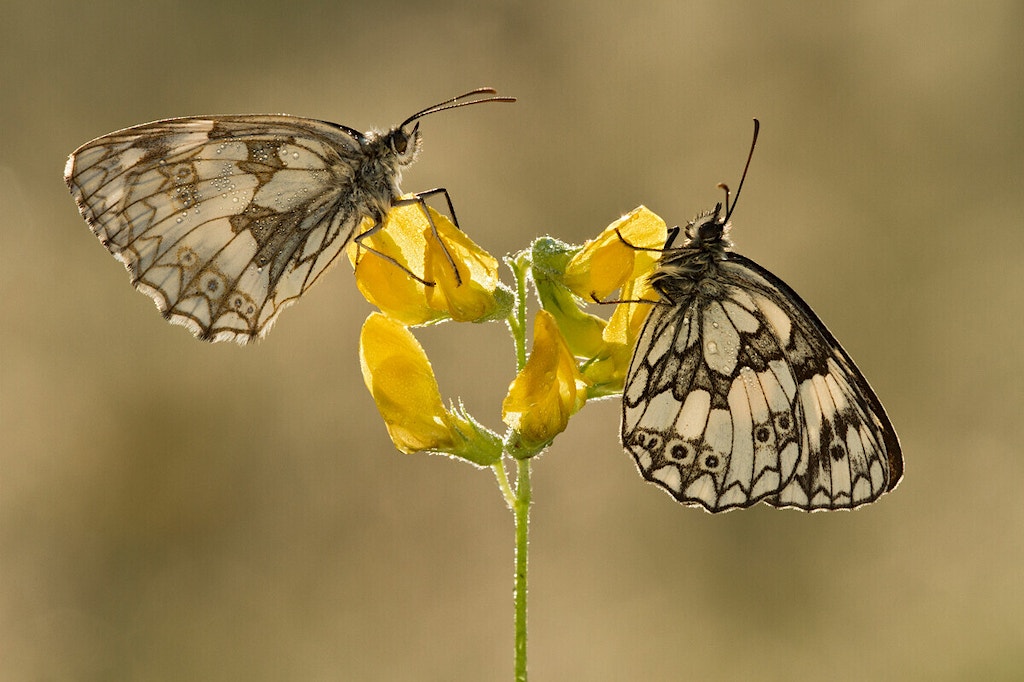

What is COP15?
World leaders came together in Montreal, Canada, in December 2022 to reach an agreement to reverse the world’s biodiversity loss. COP15 is short for the Convention on Biological Diversity Conference of the Parties. Read more about COP15.
Reducing chemical harm to ecosystems
The Framework’s ambition to reduce pollution risks “to levels that are not harmful to biodiversity and ecosystem functions and services” as well as “reducing the overall risk from pesticides and highly hazardous chemicals” by at least half is also to be applauded. Both of these pressures have been huge contributors to biodiversity loss in this country and it will take many decades for us to demonstrate nature recovery as a result of halving their impact, so we must start now.
Hundreds of rewilding projects across Britain have already made amazing progress on this, not only by stopping putting artificial inputs such as fertilisers and pesticides into the natural environment, but by taking action to help kickstart natural processes and healthy functioning ecosystems.
The Rewilding Network – a collection of visionary landowners, land managers, farmers, tenants, estate owners and non-governmental organisations – is really leading the way in showing how we must now take these lofty targets and translate them into reality on a practical level.
“The health of our natural environment is inextricably linked with the health of the human race and its economy.”
Alastair Driver
Director, Rewilding Britain
Phasing out subsidies which harm biodiversity
The agreement to phase out or reform subsidies which cause harm to biodiversity by 2030, and to “scale up positive incentives for the conservation and sustainable use of biodiversity” is highly significant too.
We in the UK have already been handed that opportunity on a plate through Brexit because it has given us a chance to break away from the Common Agricultural Policy which has been so damaging to nature in recent decades. In England the UK Government is proposing to implement the‘public money for public goods’-focussed Environmental Land Management scheme .
The Scottish Government has just finished consulting on initial proposals for its Agriculture Bill , which aims to make Scotland a global leader in sustainable and regenerative agriculture. In Wales, the Agriculture Bill that will reward land managers for environmental work has been laid before the Senedd.
Properly implemented, these frameworks could potentially meet this COP15 goal. But to ensure that it does so the UK Government must commit to the majority of that funding going towards the Local Nature Recovery (aka Stewardship) and Landscape Recovery components of that scheme and not to the Sustainable Farming Incentive, which is simply a slightly enhanced version of ‘business as usual’.
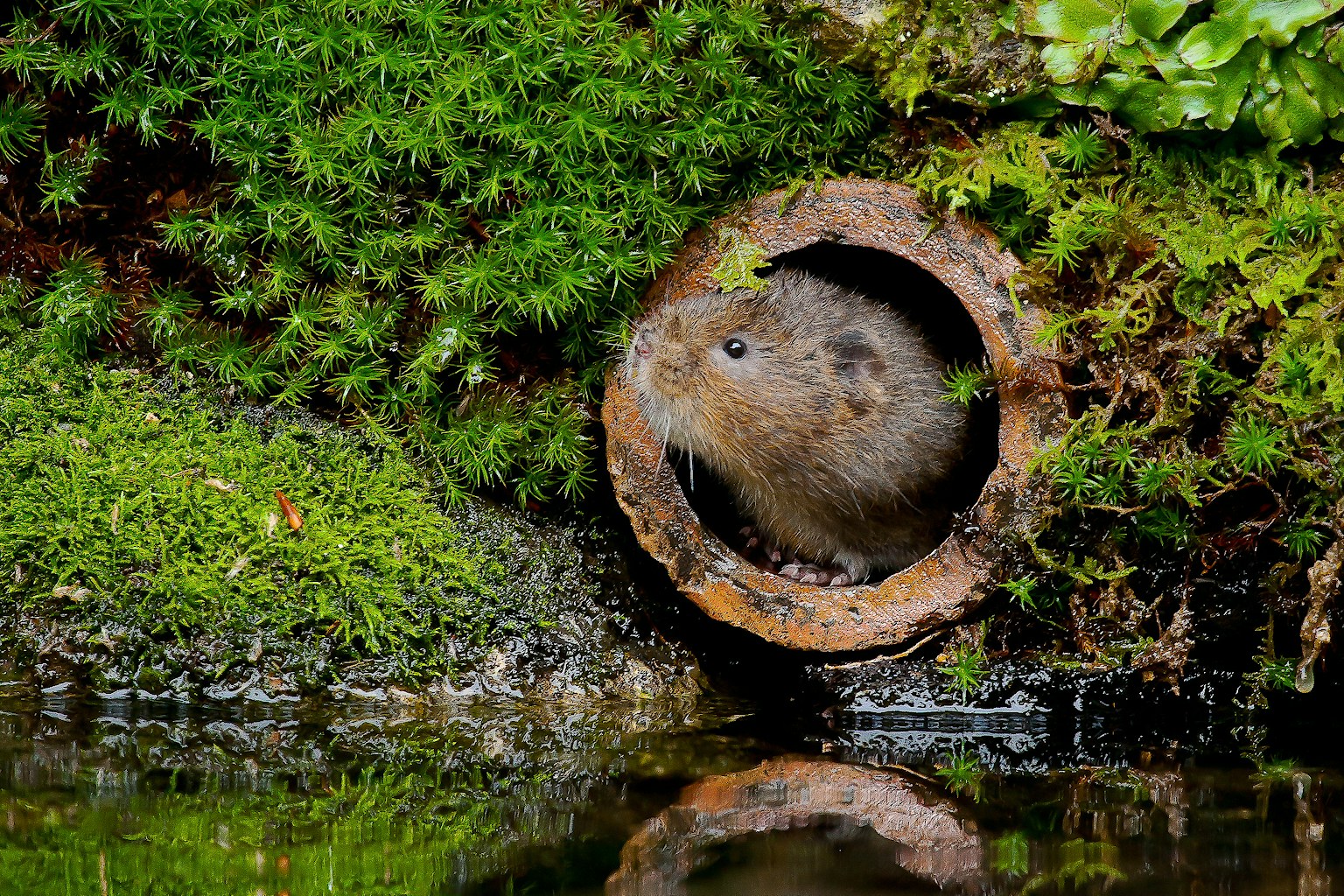
Time to put words into action
In summary, we are generally pleased with the agreements reached at COP15. But we are rightly concerned that some of the goals are very vague and virtually impossible to chart progress against as they stand – so it’s easy for governments to go unchallenged when they claim they’ve delivered against them.
It is now critically important that here in the UK our own government gets its act together and significantly upscales the ambition of its own recently published Environment Act targets – through the Environmental Audit Committee scrutiny process in the New Year. This is not an area of policy that we can afford to fiddle around the edges with. The health of our natural environment is inextricably linked with the health of the human race and its economy.
It is high time that our government here in the UK – with all the world class expertise and resources at our disposal – takes a global lead on this and, in doing so, backs up the great efforts of the negotiating team in Montreal.

Explore our Rewilding Manifesto
We need UK Government to Think Big and Act Wild for nature, people and planet.
Learn more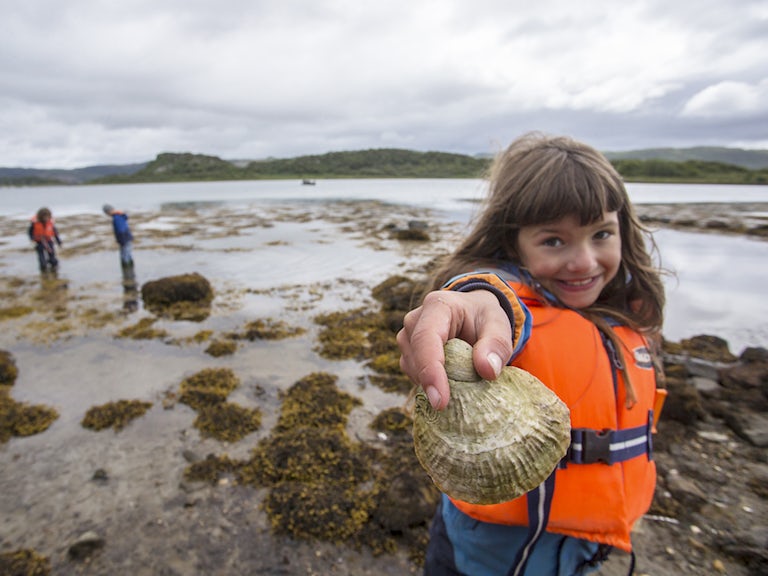
Our vision
We have big ambitions. Find out what we’ve set out to achieve through rewilding.
Our 2025-2030 strategy

